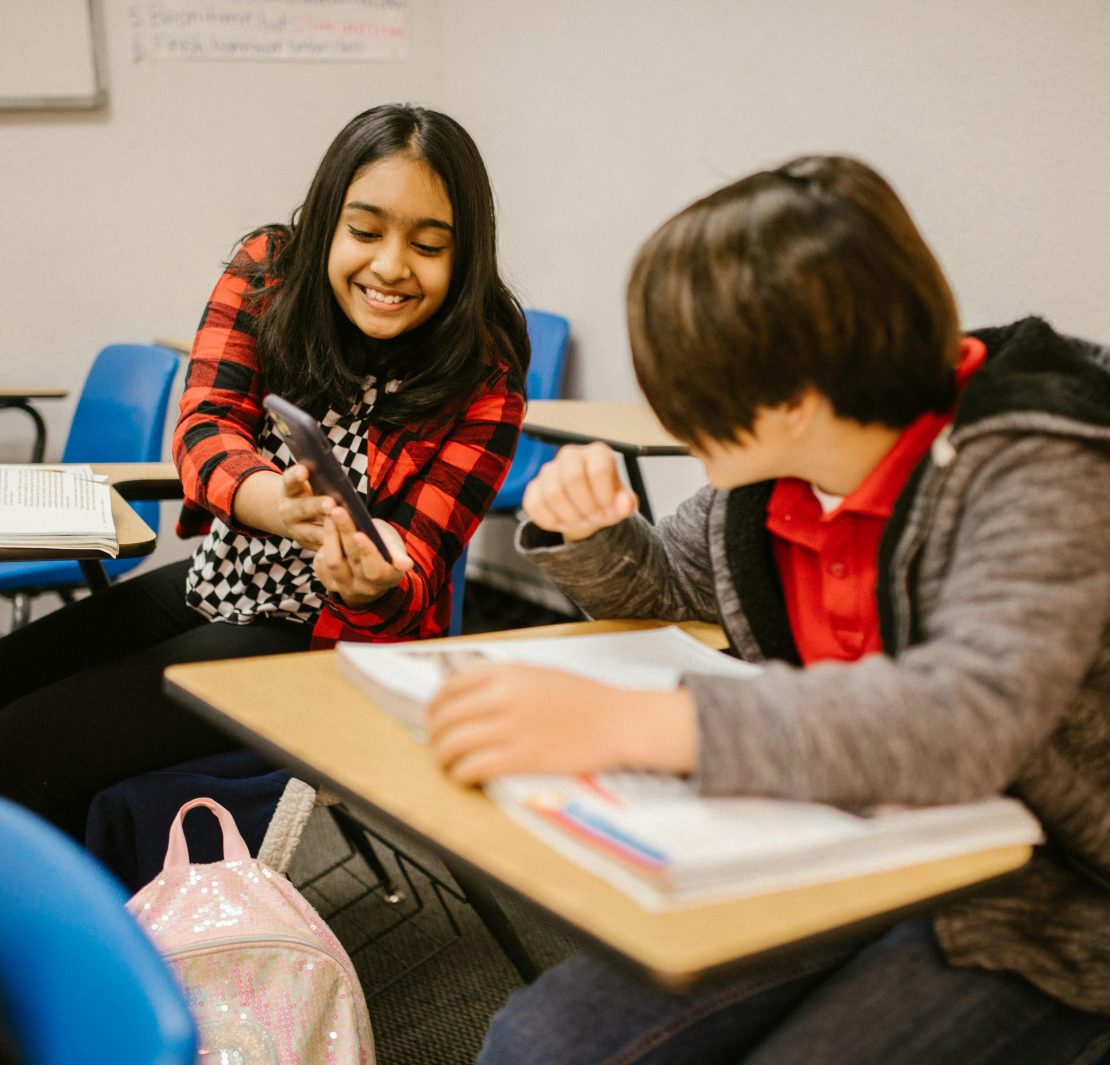Los Angeles has just signed a law that bans smartphones and social media use by students during the school day. The move, which affects over 429,000 students in the US’ second-largest school district, is an initiative to improve students’ mental health and their attention towards education. Phones and social media have long been suspected, and even accused of being the perpetrators of increasing cases of mental illness in young adults, for more than a decade now. The effects have now been studied to have penetrated to younger children as well, prompting several initiatives aimed at limiting their use by children, and forcing social media companies to implement necessary checks.
But does the new law make any difference to a society which considers being online a basic survival need? Should young adults be restricted from a phenomenon that has become a normal, indispensable part of human life?
Education – and kids – joined hands with the changing, tech- advanced world
The early 2010s were a period when the world began its transition to its digital-savvy version today. Every industry in the world has adopted technology in their key operations — the face of the world is unrecognizable without its online counterpart. Education too, picked up on the advancements in order to not be left behind, and so did children and teens. A Pew Research Centre study marks the dramatic rise in cellphone ownership by teens in 2011. 87% of them were older teens, aged 14-17. Smartphone ownership among teens was limited to 23% of teens. For teens aged 13-18, that figure rose to 84% in 2019, notes a study by Common Sense Media. Homework became increasingly online, with nearly 6 in 10 12-13 year olds using a screen for it.
Is technology really the culprit behind poor teen mental health?
But along with these rises, a sharp rise in the documentation of mental illness in young adults was noted. A Lancet study reports that greater social media use was linked to online harassment, poor sleep, low self esteem, and poor body image. A particular social psychologist, Jonathan Haidt, has been a vocal advocate deeming social media and phones as the cause behind declining mental health. He claims in his book, The Anxious Generation, that a “great rewiring” of children’s minds is a result of their heavy engagement with the online world. Other experts, however, are refuting his claim. Jean Twenge, another voice that aligns with Haidt’s cause, agrees that there is no clear evidence that it is particularly social media, or smartphones, that cause poor mental health in teens.
Controlling leisure access to the internet in schools needs to be done with care
The schools system and parents have vehemently called for a control on smartphone use during school hours. The Los Angeles bill was passed with a 5-2 majority. More than 76% of public schools in USA prohibited smartphone access during class hours (for non-academic purposes). But the process of enforcing such a law won’t be met with much warmth by students. Schools are a place where teens and children spend a considerable time of the day. Today, students are more tech-savvy than their older generations when they were in school. Their exposure to the internet and online connectivity had begun in much earlier ages, which is why it is normal for them to consider phones as part of a school life. The shift to abandoning such an important aspect of their daily lives will not be easy for a generation that is so inherently linked to a virtual world.
But yes, there has to be a curbing of accessing unnecessary online content during school hours. It doesn’t make sense to be in a classroom and not participate in what that space is meant for. “Students can’t meaningfully absorb information while also texting, scrolling, and watcing Youtube videos,” says Michael Rich, associate professor at Harvard Medical School. California governor Gavin Newsom is considering a to enact the Los Angeles ban on a state-wide scale. “When children and teens are in school, they should be focused on their studies — not their screens,” he said. However, a proper balance has to be struck in getting such an online-tuned generation accustomed to an education style that is new to them.




